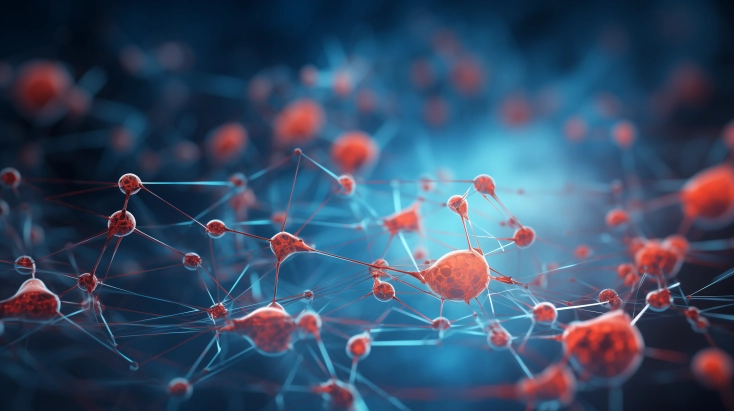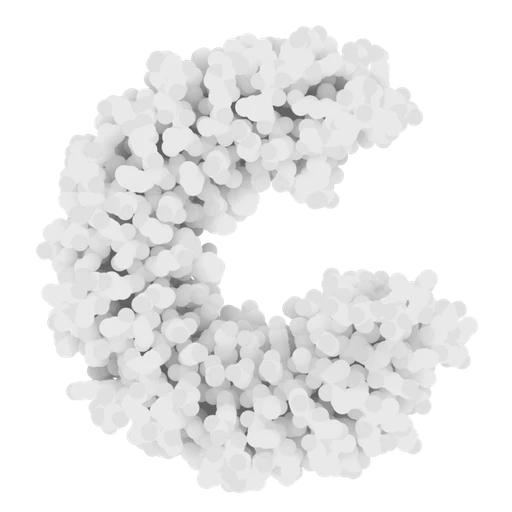Table of Contents
The intersection of biotechnology and artificial intelligence is witnessing a transformative leap, exemplified by Cradle ai, a startup carving its niche in protein engineering and design. Recently securing a substantial $24 million Series A funding round, Cradle is poised to disrupt traditional protein development methodologies with its innovative AI-driven approach.
Cradle AI-decoding-the-alien-language-of-proteins
Cradle’s pioneering concept revolves around understanding proteins as an intricate “alien programming language.” Unlike conventional methodologies, the company employs advanced AI algorithms that decode and manipulate sequences of amino acids, forming the building blocks of proteins.
A Unique Perspective in Protein Engineering

In a landscape dominated by molecular structure comprehension, Cradle ai distinction lies in its vision: teaching AI models to interpret and manipulate long sequences of amino acids. This insight enables scientists to interact with AI-generated protein models, presenting a breakthrough in understanding protein behavior.
Industry Recognition and Major Collaborations
The company’s approach has attracted attention from key players in the biotech industry, including prominent names like Johnson & Johnson and Novozymes. Cradle’s promise to revolutionize protein engineering has piqued the interest of major drug development companies, foreseeing a potential reduction in time and resources required for protein design.
Accelerating Protein Design: AI-Powered Solutions
Cradle asserts that its technology significantly expedites protein development processes, substantially reducing experimental timelines. For instance, their software generated multiple versions of T7 RNA polymerase, resulting in an impressive 70% success rate in identifying molecules with enhanced stability, equivalent to several experimental runs condensed into one.

Diverse Applications and Promising Results
Beyond T7 RNA polymerase, Cradle’s internal projects span various domains, aiming to create impactful solutions. These initiatives include a dehalogenase for soil decontamination, growth factors for cell division in cultured meat, metabolic pathway regulators, and therapeutic antibodies.
European Roots and Global Ambitions
While building a deep-tech venture in Europe presents challenges in fundraising compared to the U.S., Cradle ai acknowledges Europe’s talent pool and strategic proximity to major biotech companies. With a team rooted in the expertise nurtured at top-tier universities like ETH and EPFL, Cradle foresees significant growth in the European biotech ecosystem.
A Stepping Stone in Biotech Innovation
Cradle’s recent $24 million Series A funding, led by Index Ventures and joined by Kindred Capital, Chris Gibson, Tom Glocer, and others, signifies a leap forward in realizing its vision. The capital injection will fuel team expansion, bolster sales efforts, and further amplify the impact of their AI-powered protein design platform.